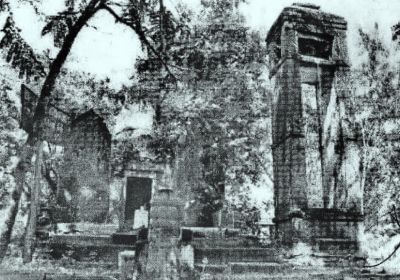
More than 500 Tamil demonstrators tried to march to the site of a destroyed Hindu temple at Kanniyaa in the Trincomalee district of Sri Lanka on July 16.

More than 500 Tamil demonstrators tried to march to the site of a destroyed Hindu temple at Kanniyaa in the Trincomalee district of Sri Lanka on July 16.
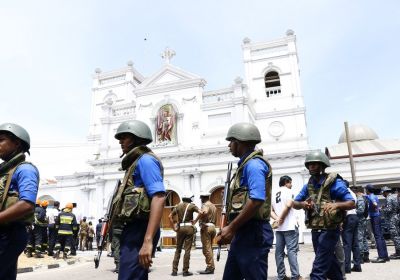
Sri Lanka has had a violent history in the seven decades since its independence in 1948. But this history did not include any major conflict between Muslims and Christians. Both Muslims and Christians have in recent years come under attack from Buddhist chauvinists. Why then, did the bombers target Christians?
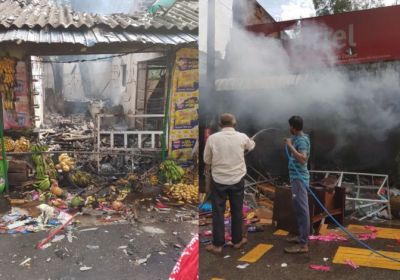
Two people died and homes, vehicles, shops and mosques were burnt during anti-Muslim riots in Sri Lanka.
The riots began in Kandy on March 5 and spread to other nearby towns. Victims accused the police of failing to protect them in the early stages of the violence. A state of emergency was declared on March 6.
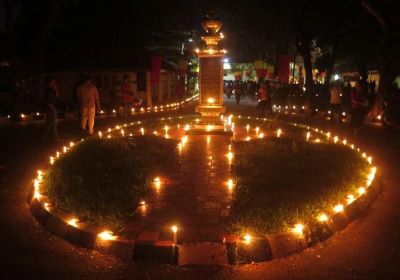
On November 27, known to Tamils as Heroes Day, those who died fighting for an independent Tamil homeland were commemorated at ceremonies throughout the north and east of Sri Lanka.
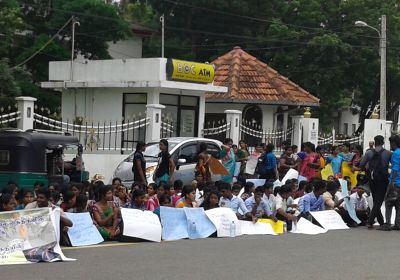
More than 1000 students marched through the streets of Jaffna demanding freedom for Tamil political prisoners on November 14.
An appeal issued by the Jaffna Universty Students Union read: "At least 132 Tamil political prisoners are languishing in the prisons of Sri Lankan state across the island. Many of them have been detained for years without trial".
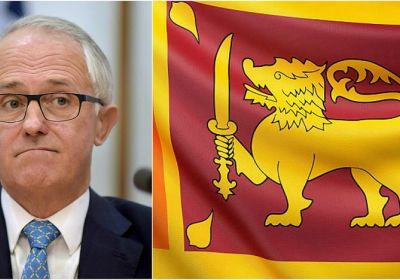
Australian Prime Minister Malcolm Turnbull’s enthusiastic embrace of Sri Lankan President Maithripala Sirisena and Prime Minister Ranil Wickremesinghe is reprehensible, the Tamil Refugee Council said on November 2.